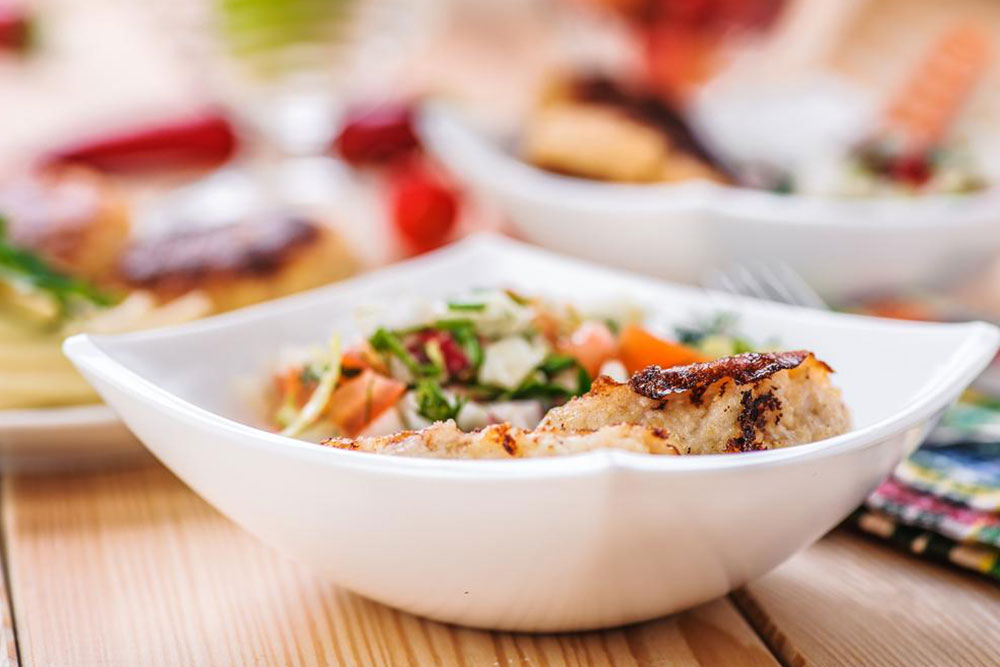How to manage blood sugar and hypertension through diet
You will be surprised to know that two out of three people suffer from high blood pressure. It is, therefore, important to count the carbohydrate, limit the intake of sugar and eat less salt. But the great news is, you can still eat well while managing the complications of diabetes and high blood pressure.
What should you eat to help reduce blood sugar?
High blood pressure can pave the way for cardiac arrest and different types of cardiovascular diseases.

Fruits and vegetables: Make sure that your daily diet contains optimum levels of fruits and vegetables. This is because fruits and vegetables can provide high amounts of minerals, vitamins and most importantly, anti-oxidants. But it is also important to abide by the recommended portion size, since certain vegetables contain high amounts of starch. You should include lots of berries, tomatoes, plums, kiwis, spinach, avocados, Brussels sprouts, red and green bell peppers and cauliflower. You can also eat small portions of squash, baked potatoes, sweet potatoes, and pumpkin.
Whole grains: Whole grains should be included in your high blood pressure diet as they can offer rich amounts of dietary fiber and nutrients. Any product made of whole grains is regarded as a high source of low glycemic carbohydrate, which can bring about a healthy change in the blood sugar levels and keep you full for longer. You should eat a lot of tortillas, quinoa, wild rice, whole grain bread and air-popped popcorn to help reduce blood sugar.
Food rich in lean protein: Even though protein sources that offer high-fat such as whole milk, red meat and poultry can aggravate blood pressure and sugar, lean proteins can improve the sugar level in the body. You should, therefore, include turkey and chicken in your high blood pressure diet in place of meat poultry and red meat. The Dietary Approach to Stop Hypertension (DASH) diet is a proven approach to prevent hypertension and reduce blood sugar levels. This diet encourages 2 to 3 servings of dairy products along with 5 to 6 servings of lean meat, fish or poultry. You should also opt for a low-fat cooking medium such as baking, steaming and grilling, using canola oil or olive oil.
Aim to clock your meals and eat from time to time. You should not allow a long gap between meals and reduce sodium intake. Plus, an important part of reducing the blood pressure level is to cut down caffeine and alcohol intake as they can wreak havoc on your cardiac health. Through these simple dietary changes, you will be able to reduce hypertension and blood sugar levels.